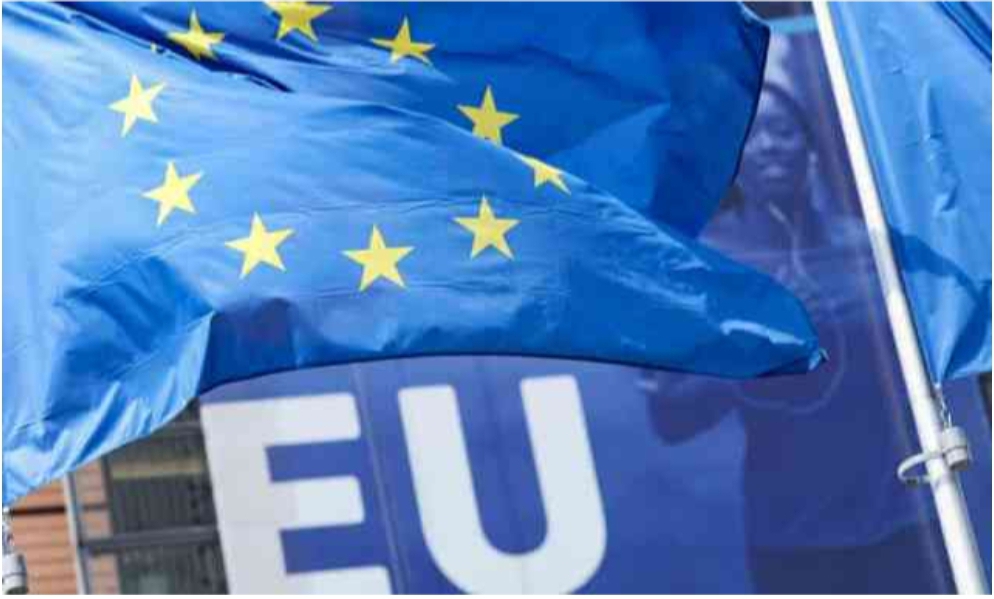The European Commission has proposed relaxing rules for genetically modified crops to allow the use of a new generation of altered crops considered safe by scientists, but contested by environmentalists.
EU Health Commissioner Stella Kyriakides said “we want to give our farmers the tools to produce healthy and safe food, adapted to our changing climatic conditions, and with respect for our planet,”
The proposals unveiled on Wednesday could make it easier to breed new plants for food and feed, using methods which alter only certain existing genes, similar to conventional breeding methods.
For more invasive methods, including inserting genes into a plant, the EU’s strict rules are to remain in place.
The commission hopes, by giving in to calls from scientists and loosening rules, new plants resistant to the impacts of climate change, water shortages or pests can be brought into use more quickly.
There has been caution from Germany, where the Greens are part of the governing coalition. The Agriculture Ministry, led by Cem Özdemir from the Greens, wants all genetically modified plants to undergo a risk assessment, to be labelled and traceable.
Germany’s Environment Ministry, led by Steffi Lemke also from the Green Party, previously expressed scepticism about a relaxation of genetic engineering rules.
Non-governmental and consumer organizations fear that large corporations could gain even more control over food production and that consumers could no longer consciously decide against food that has been genetically modified.
Capitals and the European Parliament still have to negotiate and adopt the proposal.


